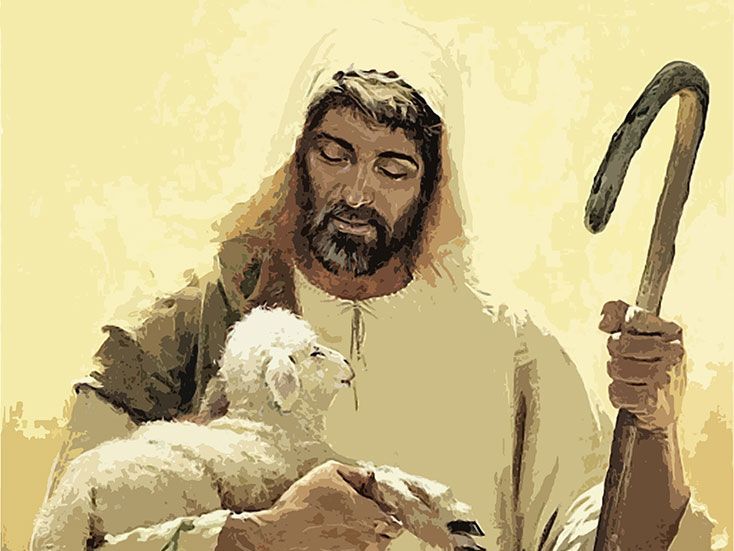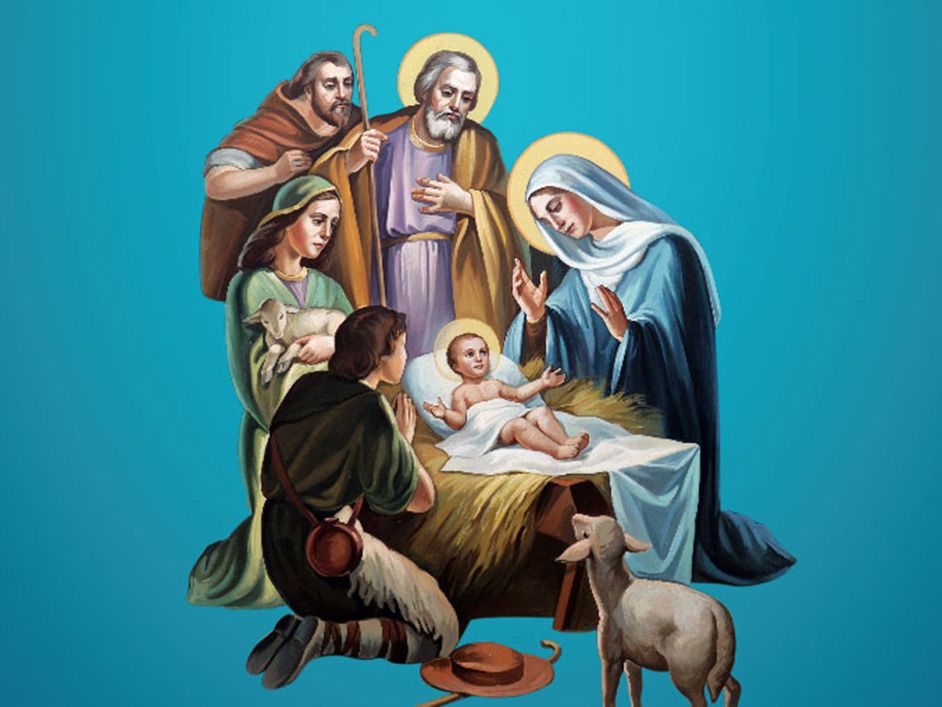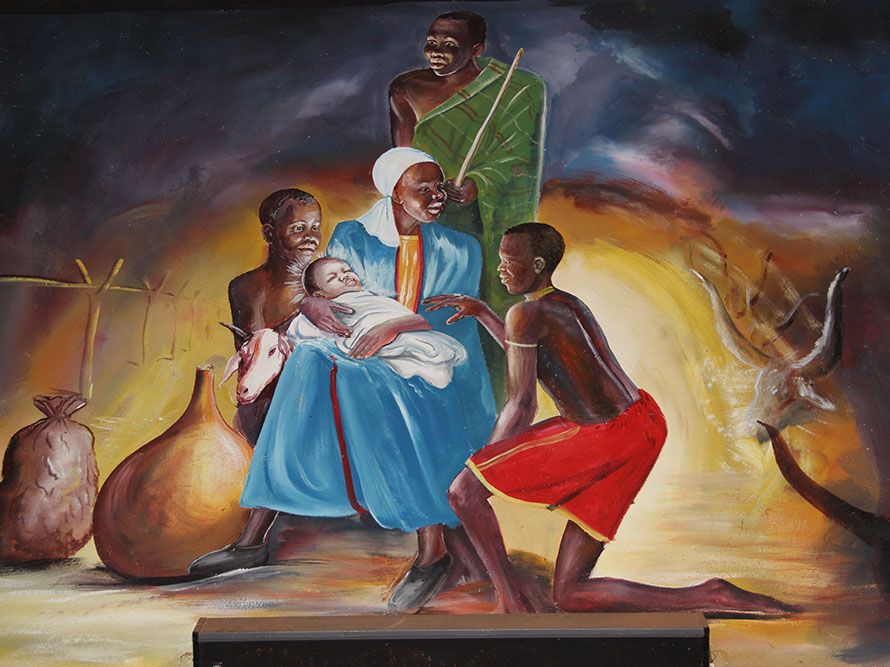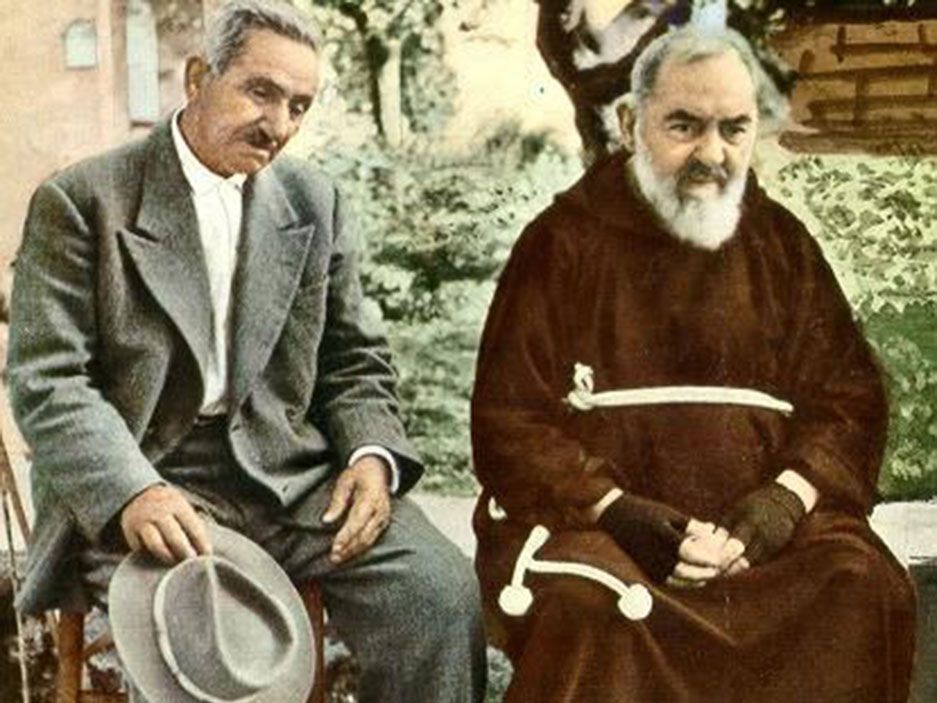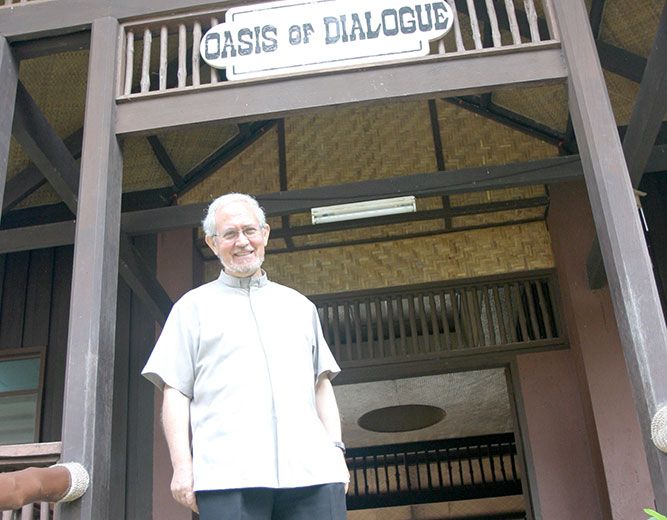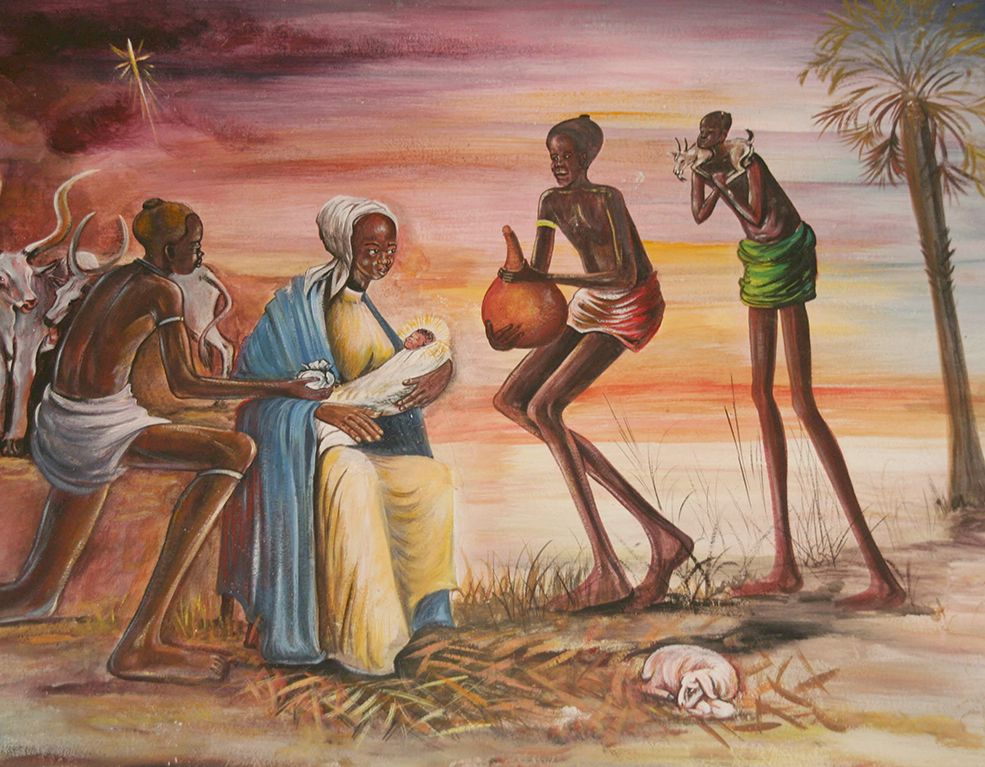God had compassion on poor Lazarus and admitted him to Abraham’s side (Lk 16:22).
The theme of Compassion is deeply planted into the heart of Asian cultures. It is an area where Asians of all religious traditions can meet, dialogue, share ideas and experiences together, and build a common future. Influenced by these teachings, most of Indian leaders, like Mahatma Gandhi, have shown preference for a gentle approach to problems.
The wisdom of our ancients expressed in the form of prayers, insightful sayings, and deeply felt convictions show how the concepts of divine compassion and the need for kindness to each other dominate the Asian spiritual heritage. (In Buddhism, this is known as karuna.) Such heritages, rooted in different civilizations, show amazing similarities among themselves.
In China, for example, the earliest writings refer to “Compassionate Heaven.” In India, the Rig Veda, the sacred collection of Sanskrit hymns, shows a devotee pleading for God’s mercy. He asks: “When shall I see His mercy and rejoice?” (Rig Veda 7.86). A repentant sinner repeats his plea again, “Have mercy…Mighty Lord” (Rig Veda 88-89); for, he knows that God is merciful. These sentiments are very similar to the Psalms that Christians recite.
Islam always refers to God as “the Compassionate, the Merciful” (Surah 4:1; 46:1; 56:1). Guru Nanak of the Sikhs calls God “a Treasure of Mercy and Compassion” (Rag Devgandhari, Mahala 5). He insists: “God shows mercy to those who call upon His Name” (Rag Bihagra, Mahala 5). And the Israelite would say: “The Lord is my Shepherd; there is nothing I shall want” (Ps 23:1).
Compassion, Kindness, Humility
“But the wisdom from above is pure, first of all; it is also peaceful, gentle, friendly; it is full of compassion and produces a harvest of good deeds..” (Jas 317).
God’s kindness, consequently, obliges us to be kind to each other. Confucius expresses this idea when he says human nature is a gift of heaven, and is naturally inclined to what is good. Similarly, Mencius notices that the goodness in human nature is made evident by the natural sympathy and compassion people feel for each other but it must be cultivated. This lays an obligation on each of us.
Expressions like Jen, in Chinese referring to goodness, and Shu, meaning altruism, are powerful reminders of our obligation to cultivate these qualities. Tao Te Ching 22 teaches that when one is loving, one can be strong. The ancient wisdom of the Hindus, too, says: “Oh men, direct your energies to promote the good of all mankind. Let your relations with all be characterized by love, peace and harmony. Let your hearts beat in unison with human hearts” (Rig Veda 8,49,4).
The Koran II says: “All people are a single nation.” Since God reaches out to us in great mercy, since He has loved us, we ought to show the same love and kindness to each other. Jesus said: “As I have loved you, so must you love one another” (Jn 13:34). And St.Paul: “You must have kindness and compassion for one another”(Phil 2:1). What is it that God requires of you, asks prophet Micah: “Do justice, love goodness, and walk humbly before God” (Mic 6:9). The Sikh Guru Gobind Singh argues thus: “All men have the same eyes, the same ears, the same body”; hence, there should be no quarrel among them. St.Paul insists: “Have kindness and compassion for one another (Phil 21:1). “Be kind and tenderhearted to one another” (Eph 4:32).
No wonder why the Dalai Lama says: “My religion is kindness.”
If we have erred in this respect, influenced by ideologies of alien origin, we need to re-think. We need to return to the teachings of our ancestors who made kindness their religion.
God’s Very Nature is Love and Compassion
“I, the Lord, am a God who is full of compassion and pity, who is not easily angered and who shows great love and faithfulness” (Ex 34:6).
Most cultures of Asia refer to God’s wonderful love for humanity, His compassion…. His mercy, His kindness, His patience, His gentleness, in dealing with human beings. The Bible that was written in West Asia emphasizes: “For God is love” (1 Jn 4:16). That is His very nature. The Psalmist says: “The Lord is merciful and good; our God is compassionate” (Ps 116:5); “He is kind and merciful,” he repeats (Ps 111:4). “As a father is kind to his children, so the Lord is kind” to us (Ps 103:13). That is why we confidently pray that He may “look on us with kindness” (Ps 4:6;31:16) on the day of our need.
When the Israelites missed rain in proper season, were sick, needed protection, were in exile, in trouble, wanted forgiveness, longed for guidance, were eager for justice, they turned to the Lord. They remembered the Lord who was full of compassion and pity (Ex 34:6). Similarly, in war, pestilence, hunger, thirst, believers turned to their “Loving God, always patient, always kind and faithful” (Ps 86:15).
Fifty years ago, the bishops of the Catholic Church who gathered at the Second Vatican Council in Rome, reflected on this message of the Bible. They felt pained at the tragedies of their days: extreme forms of violence, savagery, guerrilla warfare, deceit, subversion; the stronger taking advantage of the weaker (GS 79). They were worried about weapons of mass destruction (GS 80). They warned leaders against hasty decisions which could lead to disastrous consequences (GS 80), against the arms race (GS 81), and against imposing one’s own ideas on others (GS 85). Unfortunately, such things continue to happen even into our own days. Many have fallen victim to these ideologies. We have no one to turn to except the Lord our God: ‘Remember, O Lord, Your kindness and constant love” (Ps 25:6). The Psalmist repeatedly speaks of God’s “constant love” (Ps 13:5; 18:50; 21:7; 25:6; 26:3; 31:7; 107:8). So do the prophets: of God’s unfailing love, kindness, mercy, and compassion.
Jesus’ Love for People
“Answer me, Lord, in the goodness of Your constant love; in Your great compassion turn to me” (Ps 69:16).
Throughout the New Testament, Jesus showed compassion to those in need. When He saw the widow of Nain, whose son had died, “His heart was filled with pity for her, and He said to her: ‘Don’t cry’” and revived the young man (Lk 7:13-16). Jesus’ heart goes out to the sinful woman at Simon’s house (Lk 7:36-41); to the man possessed by demons (Lk 8:26-39); to the woman who suffered from bleeding (Lk 8:46-48); to the daughter of Jairus (Lk 8:40-55); to the people who were hungry (Lk 9:10-15); the boy with an evil spirit (Lk 9:42); to children (Lk 9:48).
When the disciples of John the Baptist came asking who He was, Jesus did not identify Himself with an important office, a big title, or some clever teaching, but he referred to the works of compassion He was doing: “the blind see, the lame walk, lepers are cleansed, the deaf hear, the dead are raised, the poor hear the Good News” (Lk 7:22-23). And the Good News is precisely this: God loves us in Christ Jesus as human beings in spite of our unworthiness.




